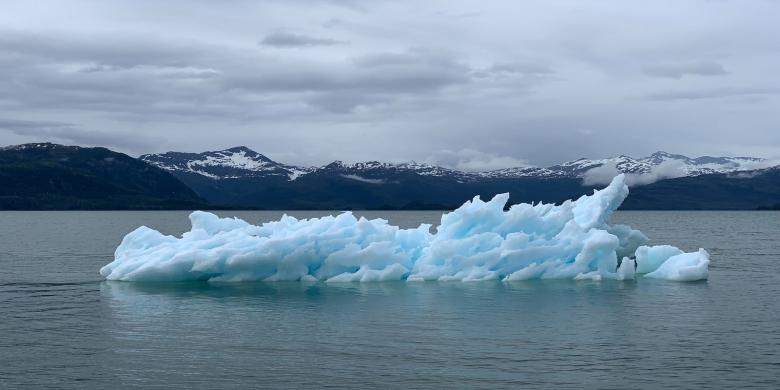
Should we call people climate refugees? This is the interesting question that the latest episode of the Borders & Belonging Podcast has tried to answer.
The host Maggie Perzyna invites to the discussion Daniela Paredes Grijalva who was, in 2019, on the Indonesian island of Sulawesi, where, just months earlier, a strong earthquake had caused a tsunami and a rare phenomenon called soil liquefaction. Kathleen Hermans, senior researcher at the Leibniz Institute of Agricultural Development in Transition Economies (IAMO) in Halle, Germany, and Robert McLeman, professor of geography and environmental studies at Wilfrid Laurier University in Waterloo (Canada).
Climate change effects have been causing many issues and tragic consequences worldwide but with particular impact in the global south. These kinds of environmental shifts have forced people to abandon their houses but, can we talk about climate refugees?
Daniela points out that people afflicted by natural disasters, as in the case she could examine, might try to remain close to their homes; therefore, we must be careful in assuming that those who lose their houses want to move to the global north.
Prof Hermans, who investigates the link between environmental changes and international migrations, expresses her concern regarding this term because it might imply that climate change effects are only dramatic in the global south. Reviewing the convention on refugees can take a long time and is not enough to respond properly to these crises.
Prof McLeman, a policy adviser on the effects of climate change and global migration patterns, underlines how the terms are becoming more and more used but there is no legal international codification. Furthermore, there is a concern regarding the political will to put resources to improve the funds for enlarging the meaning of "refugee".
Clearly, the meaning of this conversation is not to deny the presence of this problem and avoid the consequences of climate change on the global population. We need to expect an increase in global mobility due to environmental shifts. The first goal is to work harder and faster on these problems to avoid future tragic events worldwide because people want to remain in the place where they live.
You can listen to the entire episode at this link:
https://www.opendemocracy.net/en/podcasts/podcast-borders-belonging/cli…